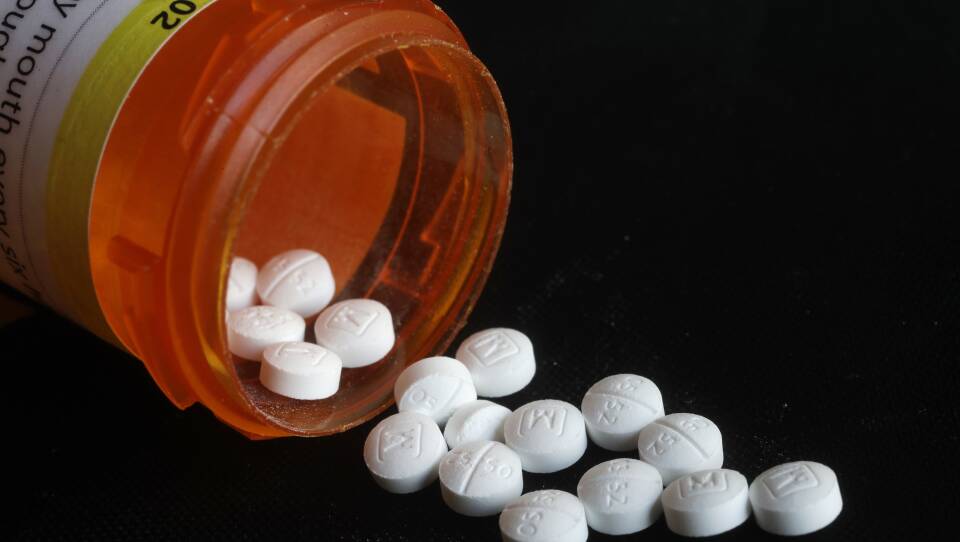Approximately 2,357 people died from opioid-related overdoses last year in Massachusetts, the highest number of deaths in a year from opioids since 2000 and an estimated 57 more deaths than recorded in 2021.
That’s according to the Massachusetts Department of Public Health, which released a report on Thursday highlighting the state’s battle against the drugs.
Of the 2,310 people who the state has confirmed died from an opioid-related overdose last year, 72% were male and 69% were white non-Hispanic.
Overdose deaths among Black non-Hispanic residents increased by 42%, from 36.4 to 51.7 deaths per 100,000 residents from 2021 to 2022, the largest jump of any racial demographic.
More Health
Department of Public Health commissioner Robbie Goldstein, who called the numbers sobering, pointed out that the numbers aren’t going up universally across the Commonwealth, with some communities facing increases while others saw decreases from 2021.
The largest overdose death increases in the state were seen in Worcester County, where deaths were up 18%, and Plymouth County, where deaths were up 14% in 2022.
But he points to what he describes as a “poisoned” drug supply as a key factor in an increase in overdose deaths. Additionally, he said that the vast majority of overdose deaths are related to poly-substance use.
“It is not just that people are using fentanyl alone, it is that fentanyl is in the supply of other drugs,” he said. “And so, we need to continue to lean in on the strategies that work, things like fentanyl test strips. We’ve put out over 150,000 fentanyl test strips across the state just since the beginning of the Healey-Driscoll administration at no cost to consumers. These are ways that people can test their drug supply to see what’s safe.”
As part of its strategy to address the opioid crisis, Gov. Maura Healey's administration has taken actions like proposing more that $600 million for substance addiction prevention and treatment programs in the fiscal year 2024 budget.
Additionally, the administration is taking further steps like announcing its intent to establish a free statewide overdose prevention hotline, setting up harm reduction vending machines that will be piloted this fall in Berkshire County and having the Department of Public Health look into the feasibility of overdose prevention sites.
“As Attorney General, I made combatting the opioid crisis a top priority, and that commitment continues as Governor while we work to provide individuals and communities with the support they need for treatment, prevention and recovery,” Gov. Maura Healey said in a statement. “Too many Massachusetts families, particularly families of color, have been impacted by this crisis, and in order to effectively respond, we need to address the gaps in the system by advancing long-term solutions that include housing, jobs, mental health care and more resources for our cities and towns.”








